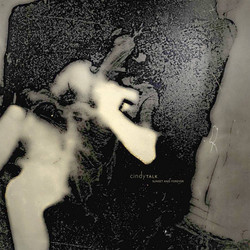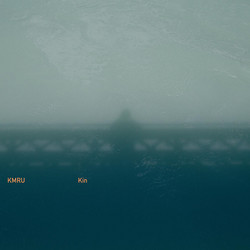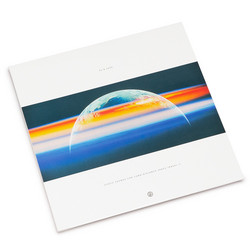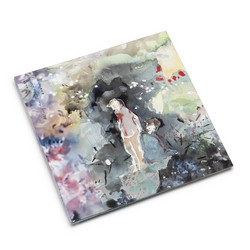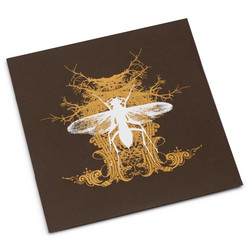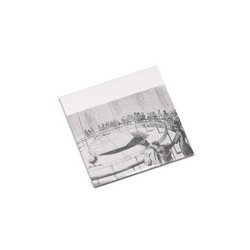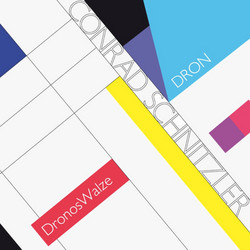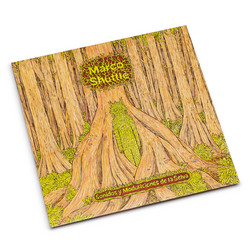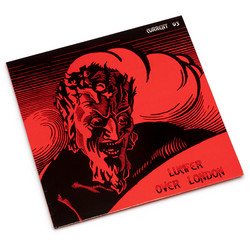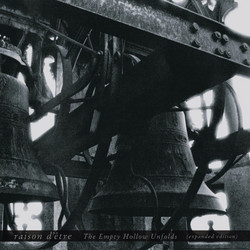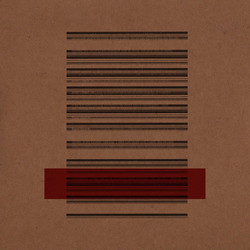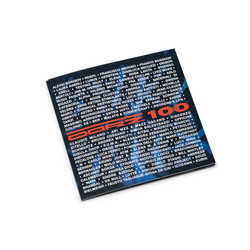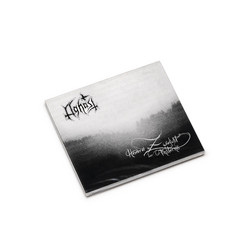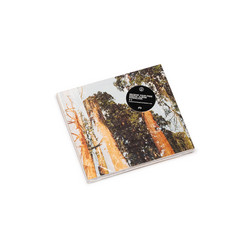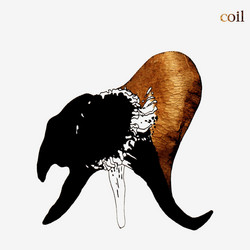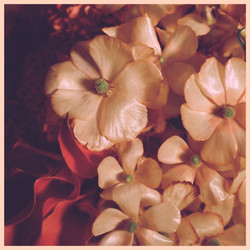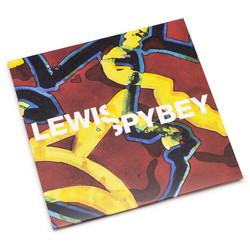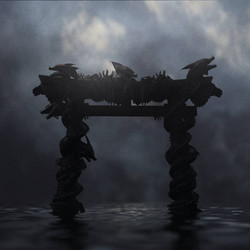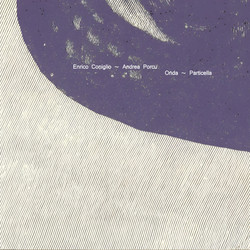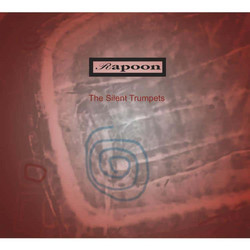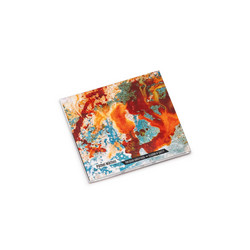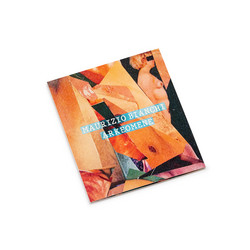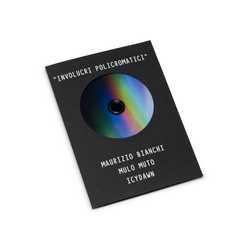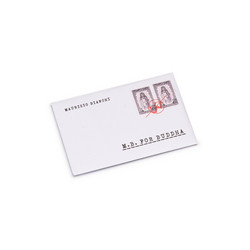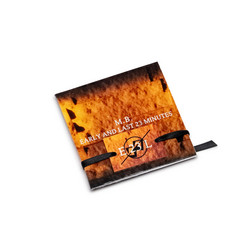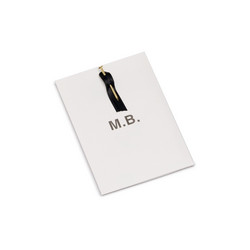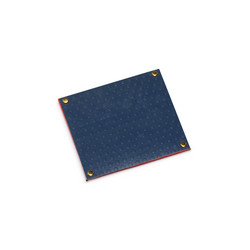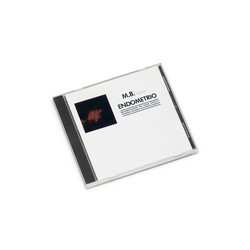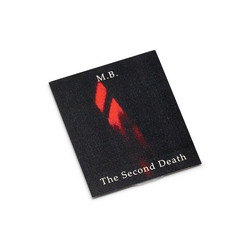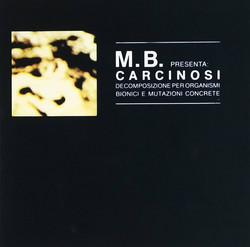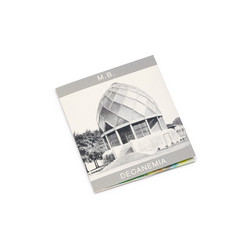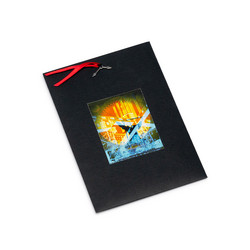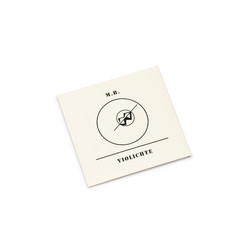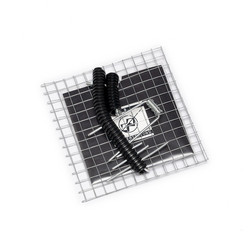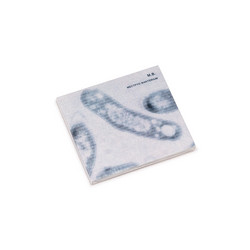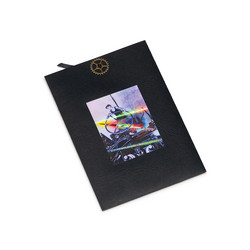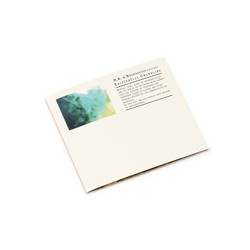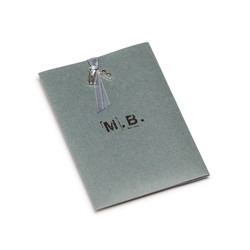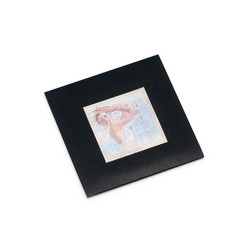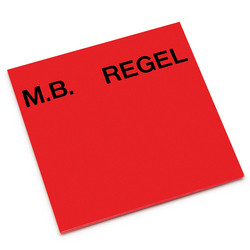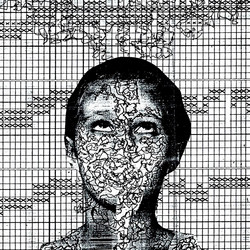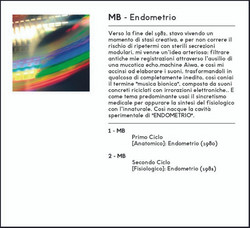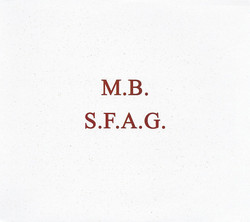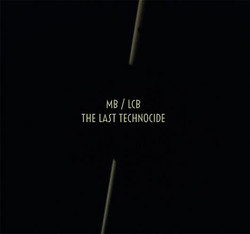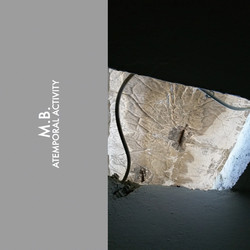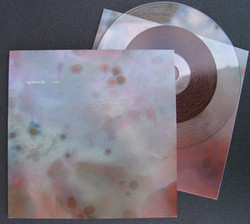Maurizio Bianchi, Maurizio Bianchi - Nobu Kasahara - Hitoshi Kojo, Hitoshi Kojo
The Epidemic Symphony No.9
2006 release ** "We've long championed the work of Maurizio Bianchi, the grim electronic sculptor whose work in the early '80s paralleled the likes of Whitehouse, Ramleh, and Matthew Bower's early power electronics project Total. As much as we would like to ramble on about Bianchi's intriguing musical and existential history in reference to this record, it's almost a moot point as it's really hard to discern any sounds that bear the signature of Mr. Bianchi. Don't let that caveat scare you off from checking out this thoroughly amazing blur of noise, drone, acoustic tumult and electronics; but we have to be completely honest. No, it doesn't sound much like a Bianchi record; instead, the real author of the final mix of The Epidemic Symphony No. 9 is the little known Japanese sound artist Hitosji Kojo (who also records as Spiracle). If there's any justice, Hitoshi / Spiracle shouldn't be "little known" for very long. In fact, he should be heralded as the viable contender to replace David Jackman / Organum as the king of the droning acoustics. And no, none of the guttural drone expressionists who splatter cd-rs with quickly rendered cosmic exasperations come close to the power that Jackman was capable of in the '80s. But Hitoshi Kojo does. Like Jackman, Hitoshi's work is a dense compounding of layered acoustic textures, each of which are impeccably recorded and carefully positioned within the stereo field. In working with the source material presented by Bianchi and Nobu Kasahara (another obscure Japanese sound artist who has collaborated once before with The New Blockaders, giving some clue as the cacophony he's capable of), Hitoshi continues this strategy of precisely placed sounds which are then given plenty of opportunity to growl, rumble, vibrate, and bristle however they see fit. Where the first lengthy track steadily builds up to a crashing crescendo that abruptly cuts to silence, the second track exhibits some of what may be Bianchi's sounds -- a return to the Sacher Pelz techniques of varispeed tape and crushed turntable clatter which Hitoshi compounds into rippled acoustic shimmer. For the finale, Hitoshi blurs the source material into an industrial chorale marked by a surprisingly elegant two-note melody. Highly recommended!"

